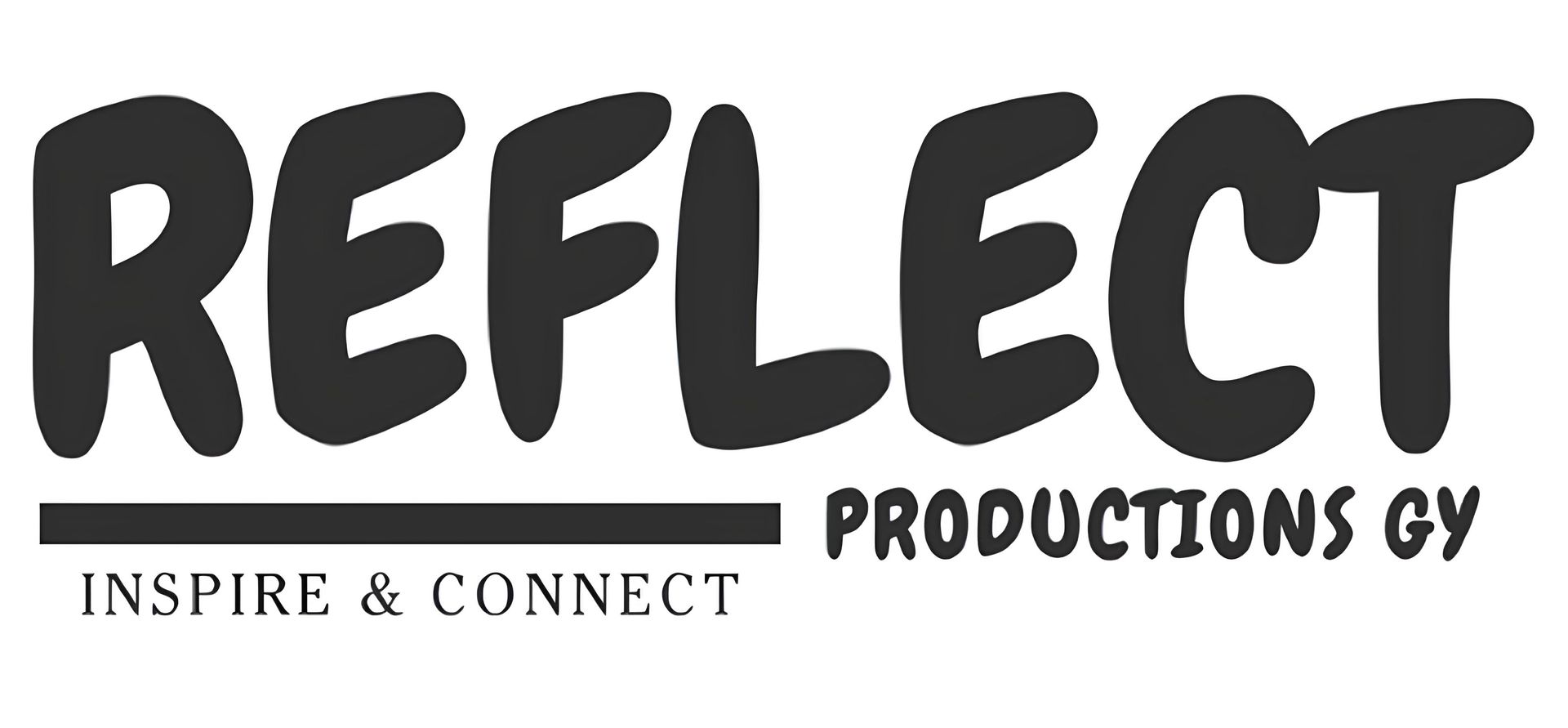Collaborating with Mental Health Organisations: Bringing Theatre to Those in Need
Introduction to Theatre and Mental Health
Theatre has long been recognized as a powerful medium for storytelling and emotional expression. In recent years, its application has expanded beyond entertainment to serve as a therapeutic tool in mental health interventions. Collaborating with mental health organizations allows theatre practitioners to bring the transformative power of the stage to those in need, fostering healing and resilience.
By integrating theatre into mental health initiatives, organizations can provide individuals with a creative outlet to explore personal narratives, confront challenges, and build supportive communities. This collaboration not only enhances therapeutic outcomes but also raises awareness about mental health issues.

Benefits of Theatre Collaboration
Working together with mental health organizations offers numerous benefits. Firstly, theatre can help reduce the stigma associated with mental illness by encouraging open discussions and greater understanding. It humanizes the experience of mental health challenges by portraying them through relatable characters and stories.
Additionally, theatre provides a safe space for participants to express emotions and explore different perspectives. This engagement can lead to increased self-awareness and empathy, essential components of personal growth and recovery.

Creating a Supportive Environment
For these collaborations to be successful, it is crucial to create an environment that is supportive and inclusive. Theatre workshops should be designed with sensitivity to the participants' needs and experiences. Facilitators must be trained to handle delicate situations and provide encouragement without judgment.
Establishing a sense of trust is essential. Participants should feel comfortable sharing their stories and experimenting with new forms of expression. This supportive atmosphere enables individuals to step outside their comfort zones and discover new ways of coping with their emotions.
Practical Steps in Collaboration
To initiate a successful collaboration, theatre groups can begin by reaching out to local mental health organizations to understand their specific needs and goals. Establishing clear communication channels ensures that both parties are aligned in their objectives.
- Identify shared goals and target outcomes.
- Develop a structured program tailored to the needs of the participants.
- Train facilitators in mental health awareness and sensitivity.
- Regularly evaluate the program's impact for continuous improvement.

Success Stories
Many successful collaborations have demonstrated the positive impact of theatre on mental health. For instance, community theatre projects have enabled individuals to share their recovery journeys through performance, fostering a sense of empowerment and belonging.
These projects often culminate in public performances, providing participants with a platform to showcase their progress and advocate for mental health awareness. Such events not only celebrate personal achievements but also inspire audiences by highlighting resilience and hope.
Looking Forward
The future of theatre in mental health looks promising as more organizations recognize its potential benefits. By continuing to build strong partnerships, we can make theatre accessible to wider audiences and contribute to a more compassionate understanding of mental health challenges.
Ultimately, the synergy between theatre and mental health organizations offers a unique opportunity to support healing in innovative ways. As these collaborations grow, they hold the potential to transform lives, one story at a time.
